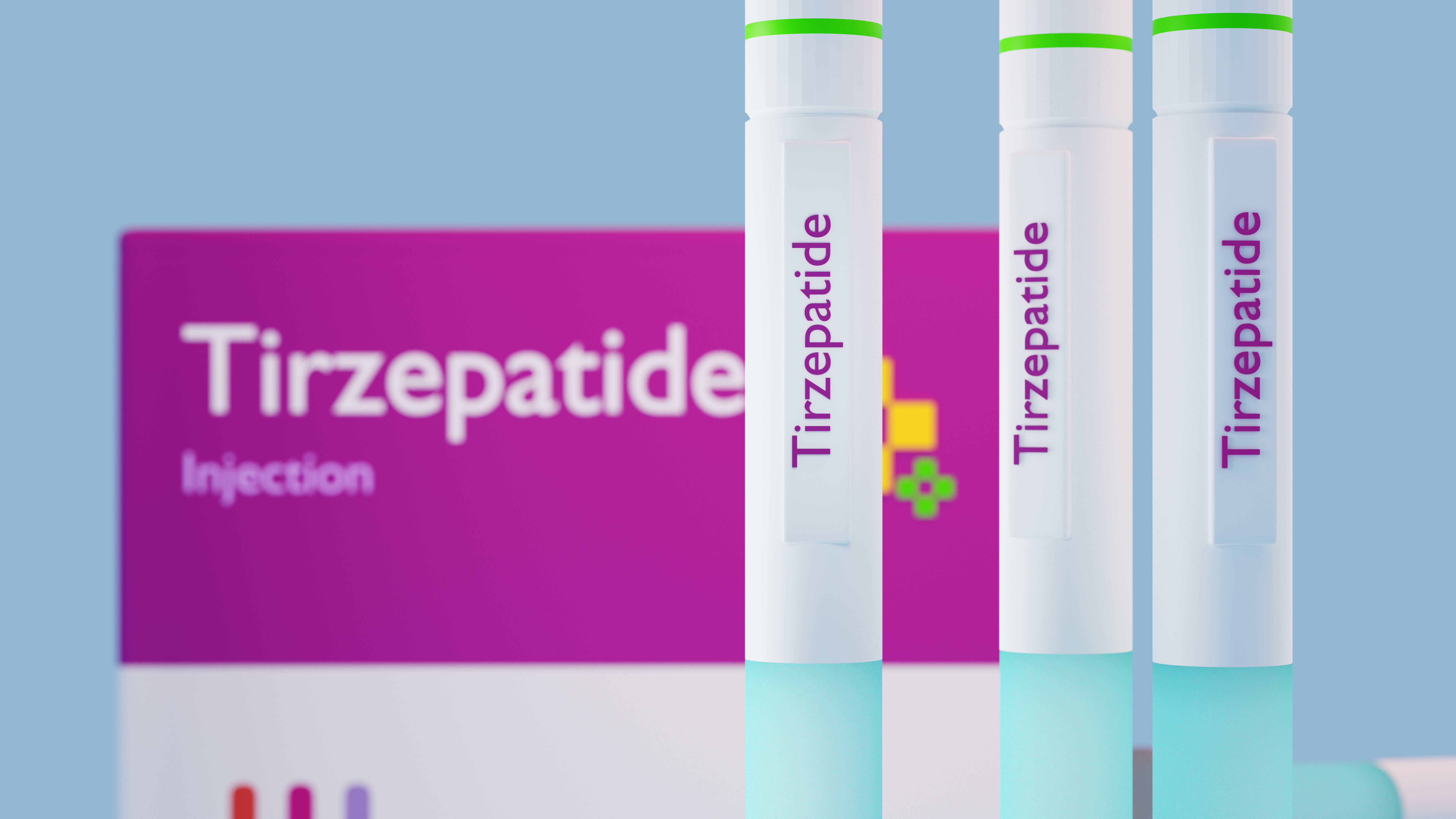A new drug in development from Eli Lilly has the potential to provide greater weight loss benefits than any drug currently on the market. The experimental drug, retatrutide, helped people lose, on average, about 24% of their body weight, the equivalent of about 58 pounds, in a mid-stage clinical trial. This was announced at the American Diabetes Association's annual meeting in San Diego. The findings were also published in The New England Journal of Medicine.
A larger phase 3 clinical trial is currently underway, and if the results are confirmed, retatrutide could jump ahead of another Lilly weight loss drug, Mounjaro (tirzepatide). Experts have already estimated that Mounjaro could become the best-selling drug of all time. Tirzepatide is currently approved for Type 2 diabetes under the name Mounjaro; FDA approval of the drug for weight loss is expected this year or early next year. The new study demonstrates the rapid development of new treatments for weight loss as companies invest in a new class of medicines called GLP-1 agonists, which mimic a hormone that helps reduce food intake and appetite.
Retatrutide stands out by offering a unique feature unlike all other GLP-1 treatments: it employs a triple-agonist (triple-G) mechanism of action.
Though retatrutide is in the same class as other weight loss medications, what sets it apart is that it targets three different hunger-regulating hormones.
- Gastric inhibitory polypeptide receptor (GIP) agonist: As a GIP receptor agonist, retatrutide enhances appetite suppression and prevents fat accumulation, resulting in decreased energy intake and increased energy expenditure.
- Glucagon-like peptide 1 receptor (GLP-1) agonist: Retatrutide reduces body weight by improving blood sugar levels via enhanced insulin release from the pancreas and reduced release of glucagon (a hormone that increases blood sugar).
- Glucagon receptor (GR) agonist: Retatrutide decreases glucagon release to improve blood sugar levels, decrease food intake, and increase energy expenditure which ultimately results in weight loss.
Ozempic and Wegovy (semaglutide) are only glucagon-like peptide-1 (GLP-1) receptor agonists, which are a type of drug used to treat diabetes and weight loss. Mounjaro (tirzepatide) is a GLP-1 receptor agonist and mimics glucose-dependent insulinotropic polypeptide (GIP), which is a hormone that helps release food after eating. Retatrutide takes it a step further by also mimicking the glucagon receptor (GR). Glucagon regulates glucose and lipid metabolism, which in turn promotes weight loss, according to a study published in the Journal of Clinical Insight. Retatrutide’s “triple G” effects may potentially be what sets it apart from similar medications.
Researchers also observed that by adding glucagon agonism liver-fat clearance increased tremendously. These findings on liver-fat mobilization in people without diabetes enrolled in the study are impressive because no other medication currently has labeling from the FDA for the indication of reducing excess liver fat.
The recent results published also set a new record for the percentage of body weight loss in the obesity space. The new findings, according to Dr. Shauna Levy, a specialist in obesity medicine and the medical director of the Tulane Bariatric Center in New Orleans, are “mind-blowing.” Levy, who was not involved with the research, said the drug seems to be delivering results that are approaching the effectiveness of bariatric surgery. “It’s certainly knocking on the door or getting close,” she said.
And Robert Gabbay, MD, chief scientific and medical officer of the ADA, called the results "stunning," and added, "we are now witnessing the first triple-hormone combination being highly effective for not only weight loss but liver disease and diabetes."
Dr. Dan Skovronsky, Eli Lilly’s chief scientific and medical officer, told NBC News that retatrutide is attempting to harness the body’s own mechanisms that metabolize food and tell the body when to stop eating. “We’ve taken those normal signaling molecules in your body and we’ve turned them into medicines,” Skovronsky said. A Phase III trial began in May, studying the effects of retatrutide in patients with severe obesity and established cardiovascular disease, and is estimated to end in November 2025.
Here is what we can expect from Retatrutide
With regards to safety, the most common adverse events were of a gastrointestinal nature, and thus retatrutide’s safety profile was on par with other GLP-1 therapies.
Because it is a glucagon agonist, the results of retatrutide will put this new weight loss medication in its own league. The key is stimulating the glucagon receptor which in turn helps to breakdown fat for utilization as energy. Retatrutide will reduce appetite and stimulate weight loss the same way that semaglutide and tirzepatide have been able to.
How do we think retatrutide compares to other weight-loss drugs? Simply put, retatrutide has the potential to work faster and more effectively than its competitors. These medications have been transformative—they have given so many people hope that felt sort of helpless in their fight against the disease of obesity.
Read next in Medical Weight Loss

Is Semaglutide the Best Option for Medical Weight Loss in Tempe, AZ
By Dr. Robb Bird

Metabolic Flexibility: What It Is & How to Train for It
By Dr. Robb Bird

Tirzepatide FAQ: Start Here
By Dr. Robb Bird
Medically reviewed by Dr. Robb Bird, NMD FAARM
Medical Director, Transformyou

